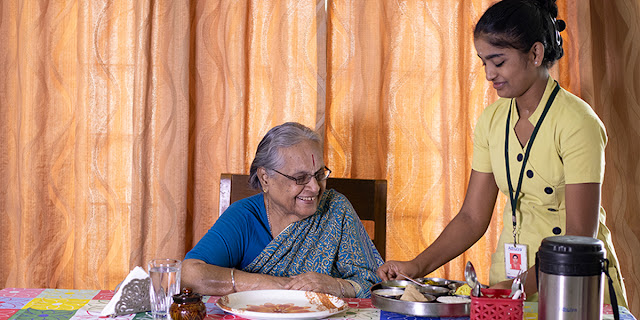A new wave of inexplicable acute hepatitis infections in seniors is currently sweeping the globe. This recent outbreak draws attention to the countless cases of acute viral hepatitis that affect every age group each year. According to the World Health Organization, recently cirrhosis and liver cancer account for nearly 1 million annual deaths. Most mild cases of acute hepatitis infection result in no symptoms at all or can go unnoticed. But in other circumstances, they can result in complications and even be fatal. Worldwide, acute hepatitis infections are thought to have contributed to 78,000 fatalities in 2019 alone. On World Hepatitis Day 2022, WHO will emphasize the need to bring hepatitis care closer to primary healthcare facilities and organizations in order to increase access to care for people with hepatitis, regardless of the type of hepatitis they may have.

- Drowsiness
- Flu-like symptoms
- Stomach pain
- Pale stool
- Poor appetite
- Weight loss
- Jaundice symptoms include having yellow skin and eyes
Contrarily, those who have acute hepatitis may exhibit symptoms soon after being exposed to the hepatitis virus.
Surprisingly, a healthy eating plan including a vitamin D and calcium in diet can aid in keeping an ideal BMI and may even improve the liver. Although individuals may need to modify their diet based on their unique diagnosis, the fundamentals of nutrition will likely provide the body with what it needs without further taxing the liver. By following the dietary advice provided by nutritionists, seniors may keep their energy levels throughout the day, preserve muscle mass, and maintain a healthy weight. They can alter their plan as necessary to address symptoms like stomach discomfort as they arise.
Since eating for chronic hepatitis is the same as eating for maximum health, it's critical to consider establishing a good eating pattern as a way of life. At Athulya Assisted Living, our experienced nutritionists propose the best diet plan for seniors that will keep their health on track. With Athulya’s exclusive plant-based diet even if seniors don't have hepatitis symptoms or problems like muscle loss or malnutrition, our customized nutritious diet will help them feel better and save them from developing other chronic age-related diseases.
Hepatitis diet for elders - What to eat?
Make a balanced plate
Make sure to serve foods from the table of food pyramids and adhere to the fundamental principles of good eating. The focus of Mediterranean cuisine is on fresh produce, whole grains, lentils, olive oil, and some proteins with little to no dairy, helping in maintaining good health. Rather than being a temporary diet, it is a way of life.
Limit sugar intake
Foods high in sugar and simple carbs, such as pastries, biscuits, sweets, soda, and sugary juice beverages, can hasten the development of the fatty liver. Limit or avoid these as much as you can.
Limit the use of salt
It is advised to keep a low sodium diet, consuming 2,000 mg per day for a healthy liver. It can be easier to create a meal plan that meets these requirements if you are aware of the foods that are high in salt. The foods that contribute the most sodium to the diet include bread, pizza, sandwiches, cold meats, soups, poultry, and cheese are to be avoided for a healthy liver.
Pick healthy fats
The body needs fats to store energy, but there are also healthy and bad fats. Offer your body wholesome fats in the form of olive oil and almonds. Limit your intake of butter, poultry, and animal fats. Additionally, keep an eye out for trans fats that can be found in highly processed cookies, crisps, and fried foods.
Include fruit and vegetables
Every day, you ought to eat no less than five servings. According to prior studies, fruits and vegetables are rich in antioxidants that may aid in the regeneration of hepatitis-damaged liver cells and have a significant impact on both the prevention and treatment of liver illnesses.
Consume protein sources
When receiving treatment for hepatitis C, getting enough protein in the diet is crucial for body functioning. Considering a protein diet in seniors like adding drinks as a supplement while treating hepatitis is challenging. Consult a qualified dietitian or a physician for tailored advice based on the needs of the patient.
Conclusion:
Everyone should follow the rules for a healthy diet, but those who are managing chronic hepatitis should pay particular attention to their food choices. Spend some time learning about the recommendations for a healthy diet. Stock your kitchen with wholesome goods so that you always have quick, healthful snacks and meals available. Together with a qualified nutritionist and geriatric caretaker, create a food plan that will keep your energy levels steady and your weight in a healthy range.




Comments
Post a Comment